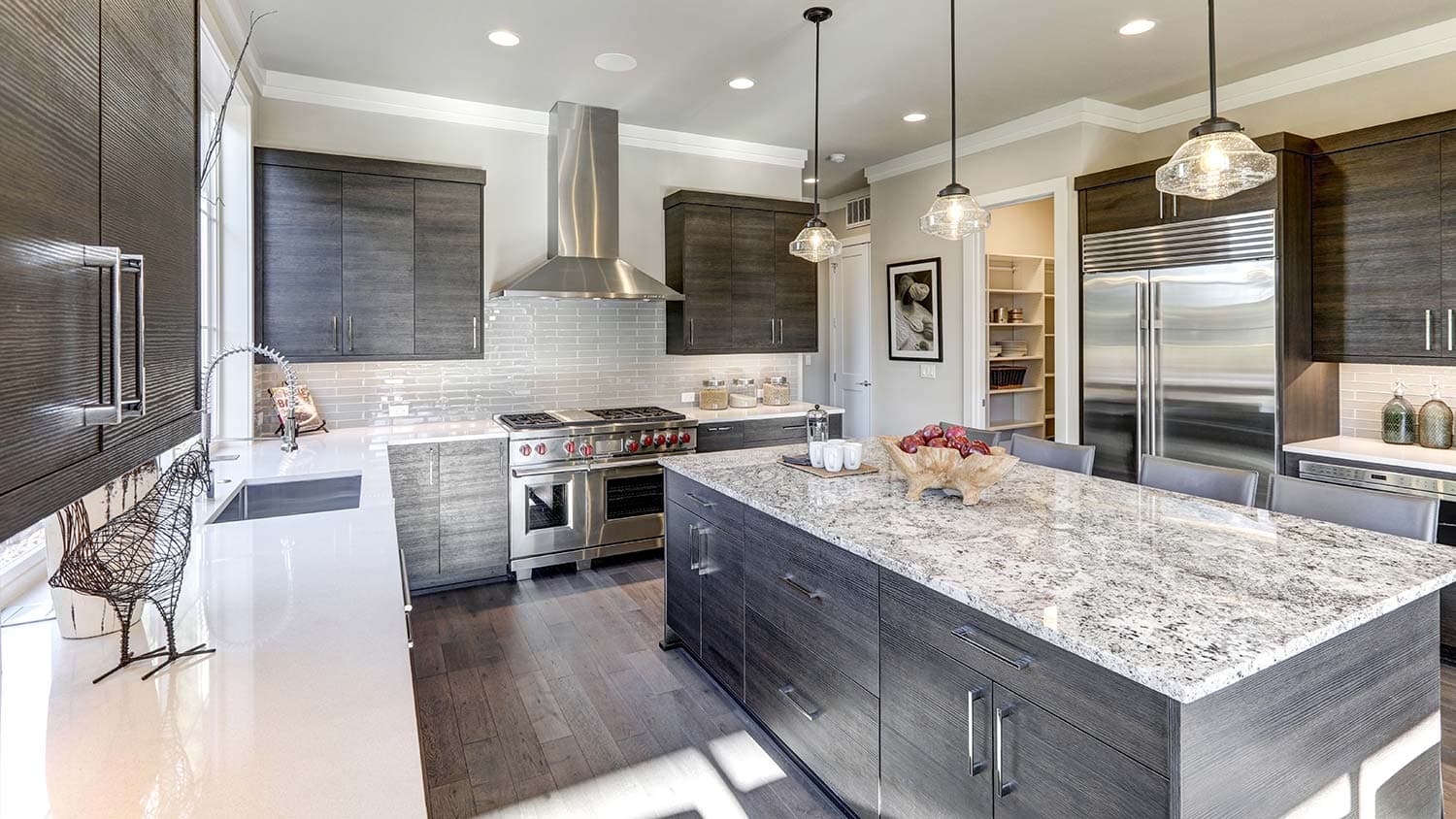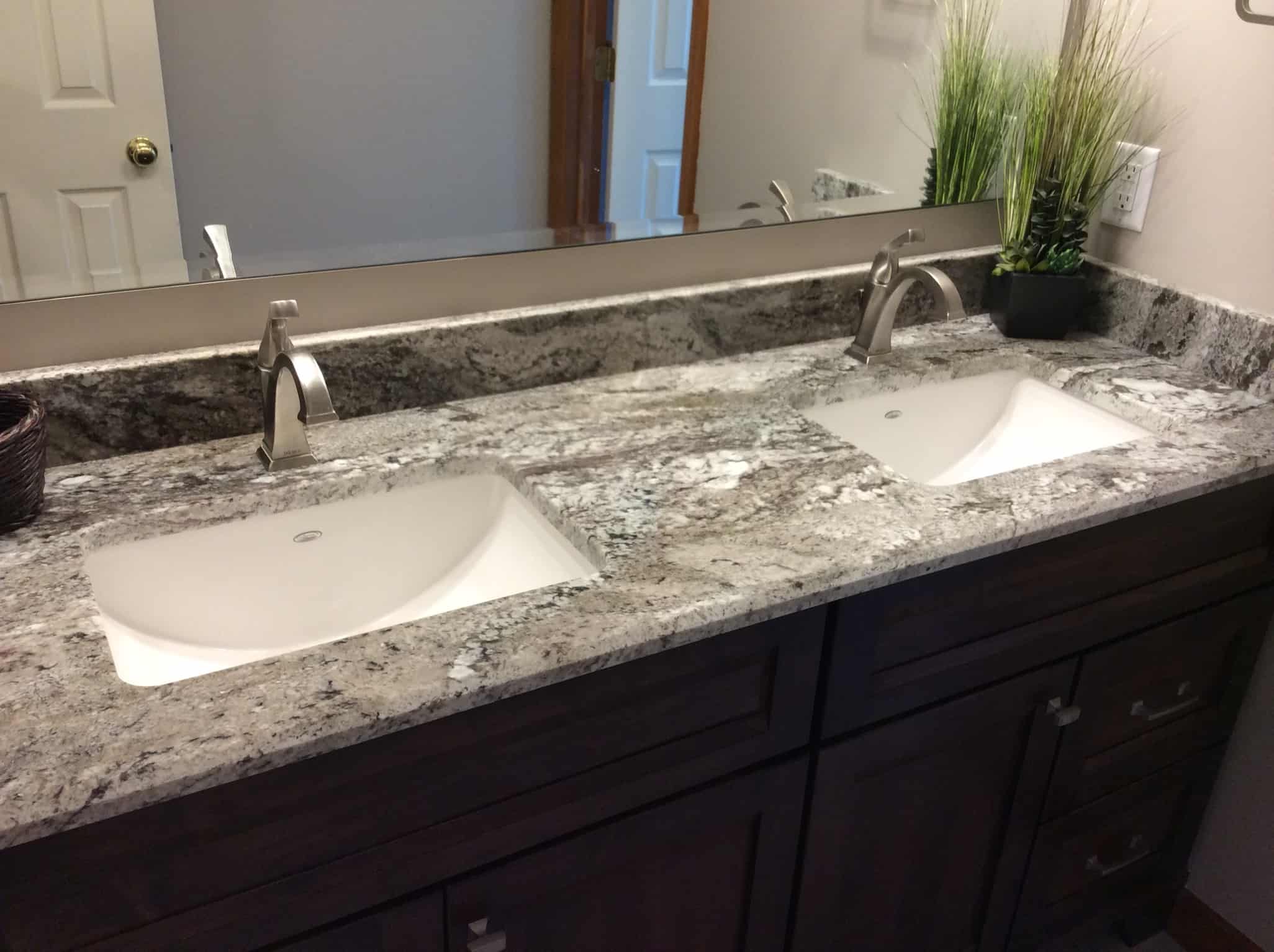Popular Bathroom Countertop and Floor Material Combinations
Choosing the right countertop and floor materials for your bathroom is a crucial decision that can significantly impact the overall look, feel, and functionality of the space. With a wide array of options available, it’s essential to understand the advantages and disadvantages of each material combination to make an informed choice.
Popular Bathroom Countertop and Floor Material Combinations
The most popular bathroom countertop and floor material combinations include natural stone, engineered stone, laminate, and tile. These materials offer a range of aesthetics, durability, and price points to suit various bathroom styles and budgets.
| Material Combination | Durability | Cost | Maintenance Requirements | Aesthetic Appeal |
|---|---|---|---|---|
| Natural Stone Countertop & Tile Floor | High | High | Moderate | Classic and elegant |
| Engineered Stone Countertop & Tile Floor | High | Moderate | Low | Modern and versatile |
| Laminate Countertop & Tile Floor | Moderate | Low | Low | Wide range of styles |
Natural Stone Countertop & Tile Floor
This classic combination exudes timeless elegance and sophistication. Natural stone, such as granite, marble, and quartz, offers a unique and luxurious look. Its durability and resistance to scratches and heat make it a popular choice for countertops.
- Advantages: Natural stone countertops and tile floors are highly durable, resistant to scratches and heat, and offer a unique and luxurious aesthetic.
- Disadvantages: Natural stone can be expensive, require regular sealing to prevent staining, and be susceptible to etching from acidic substances.
Engineered Stone Countertop & Tile Floor
Engineered stone, like quartz, is a popular alternative to natural stone. It combines the beauty of natural stone with enhanced durability and low maintenance. Engineered stone countertops are non-porous, making them resistant to stains and bacteria.
- Advantages: Engineered stone offers the beauty of natural stone with enhanced durability, low maintenance, and resistance to stains and bacteria.
- Disadvantages: Engineered stone can be more expensive than laminate but less expensive than natural stone.
Laminate Countertop & Tile Floor
Laminate countertops are a budget-friendly option that offers a wide range of styles and patterns. They are easy to maintain and resist scratches and heat.
- Advantages: Laminate countertops are affordable, easy to maintain, and offer a wide range of styles and patterns.
- Disadvantages: Laminate countertops are not as durable as natural or engineered stone and can be susceptible to scratches and water damage.
Creating a Harmonious Bathroom Design: Bathroom Countertop And Floor Combinations

Your bathroom is a sanctuary, a place to unwind and recharge. Choosing the right countertop and floor materials can transform it into a space that reflects your personal style and brings you joy. But don’t just pick materials you like; consider how they work together to create a cohesive and visually appealing design.
Countertop and Floor Material Harmony, Bathroom countertop and floor combinations
Countertops and floors are the foundation of your bathroom design, setting the tone for the entire space. Choosing materials that complement each other creates a sense of balance and harmony. Consider the following factors:
- Color: A harmonious bathroom design often features colors that complement each other. For example, a warm, earthy countertop like granite can be paired with a cool, calming floor tile like porcelain. Conversely, a light-colored countertop can be balanced by a darker floor, creating a sense of contrast and visual interest.
- Texture: Texture plays a crucial role in creating a visually engaging bathroom. A smooth countertop like quartz can be paired with a textured floor tile like slate, adding depth and dimension to the space. Alternatively, a textured countertop like honed marble can be complemented by a smooth floor tile like polished porcelain.
- Pattern: Incorporating patterns can add personality and visual interest to your bathroom. If your countertop is plain, consider a patterned floor tile. Conversely, a patterned countertop can be balanced by a plain floor. Remember to choose patterns that complement each other, avoiding clashing or overwhelming designs.
Practical Considerations for Choosing Materials

Choosing the right countertop and floor materials for your bathroom is a crucial step in creating a space that’s both beautiful and functional. Beyond aesthetics, you need to consider practical factors that will ensure your bathroom remains stylish and usable for years to come.
Moisture Resistance
Moisture resistance is paramount in a bathroom, as it’s constantly exposed to splashes, steam, and humidity. Materials that are susceptible to water damage can warp, rot, or become breeding grounds for mold and mildew.
- Stone: Natural stone like granite and marble are generally moisture-resistant, but porous varieties may require sealing to prevent staining.
- Quartz: Engineered quartz is a non-porous material that is highly resistant to moisture and stains.
- Porcelain and Ceramic Tile: These are excellent choices for both countertops and floors due to their inherent moisture resistance and durability.
- Solid Surface: Materials like Corian are non-porous and moisture-resistant, making them suitable for both countertops and floors.
Durability
A bathroom is a high-traffic area that experiences constant wear and tear. Choosing durable materials is essential to ensure your bathroom remains in good condition for years to come.
- Stone: Granite and marble are known for their durability and resistance to scratches and chips, but they can be susceptible to etching from acidic substances.
- Quartz: Engineered quartz is incredibly durable and resistant to scratches, stains, and heat, making it an excellent choice for high-traffic areas.
- Porcelain and Ceramic Tile: These materials are generally durable, but they can chip or crack if subjected to heavy impacts.
- Solid Surface: Solid surface materials are relatively durable and resistant to scratches, but they can be susceptible to heat damage.
Ease of Cleaning
A bathroom requires regular cleaning to maintain hygiene and prevent the buildup of dirt and grime. Choosing materials that are easy to clean will save you time and effort in the long run.
- Stone: Natural stone requires regular sealing to prevent staining and can be prone to scratches.
- Quartz: Engineered quartz is incredibly easy to clean and resistant to stains, making it a low-maintenance option.
- Porcelain and Ceramic Tile: These materials are generally easy to clean, but grout lines can require regular cleaning to prevent the buildup of dirt and mold.
- Solid Surface: Solid surface materials are generally easy to clean and resistant to stains, but they can be susceptible to scratches.
Maintenance Requirements
Different countertop and floor materials require varying levels of maintenance to keep them looking their best. Here’s a breakdown of maintenance requirements for common bathroom materials:
| Material | Cleaning Products | Frequency |
|---|---|---|
| Granite | Mild soap and water, stone sealant | Weekly cleaning, sealing every 1-2 years |
| Marble | Mild soap and water, marble sealant | Weekly cleaning, sealing every 1-2 years |
| Quartz | Mild soap and water | Weekly cleaning |
| Porcelain Tile | Mild soap and water, grout cleaner | Weekly cleaning, grout cleaning every few months |
| Ceramic Tile | Mild soap and water, grout cleaner | Weekly cleaning, grout cleaning every few months |
| Solid Surface | Mild soap and water | Weekly cleaning |
